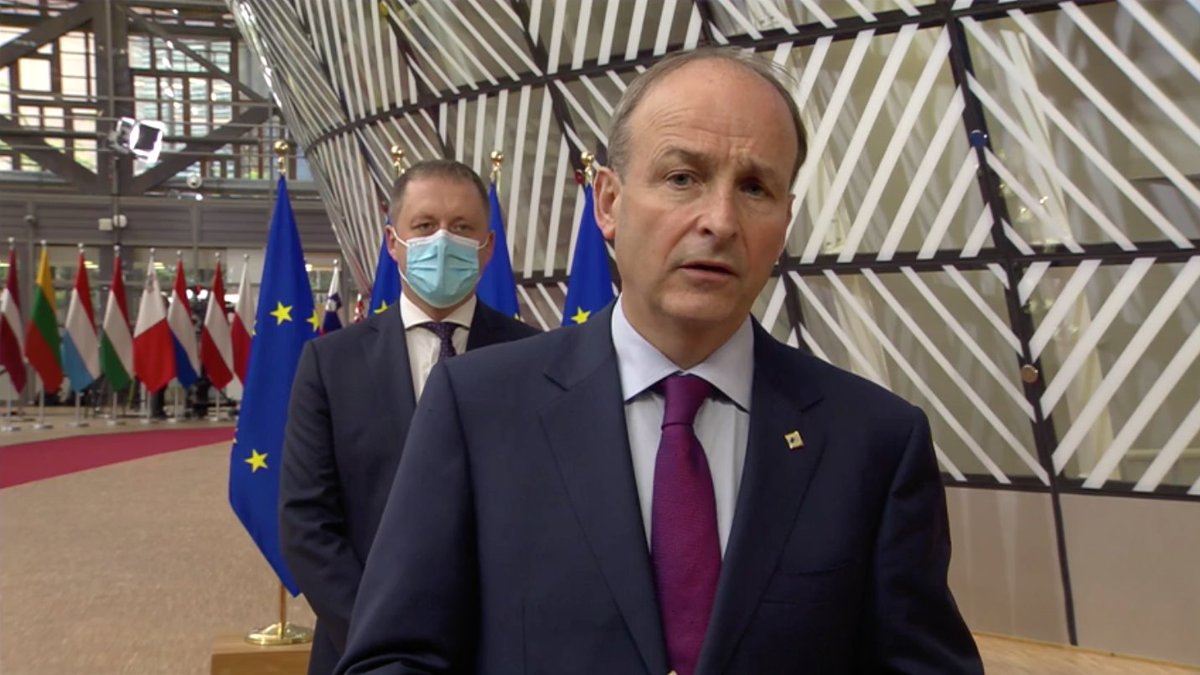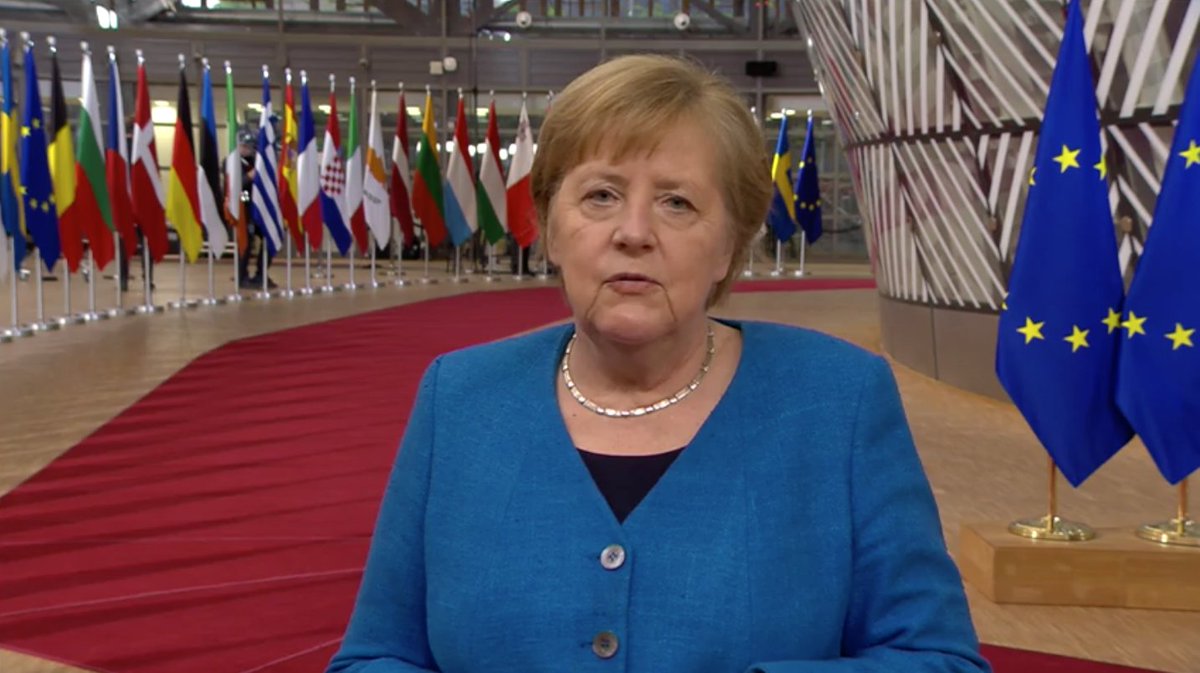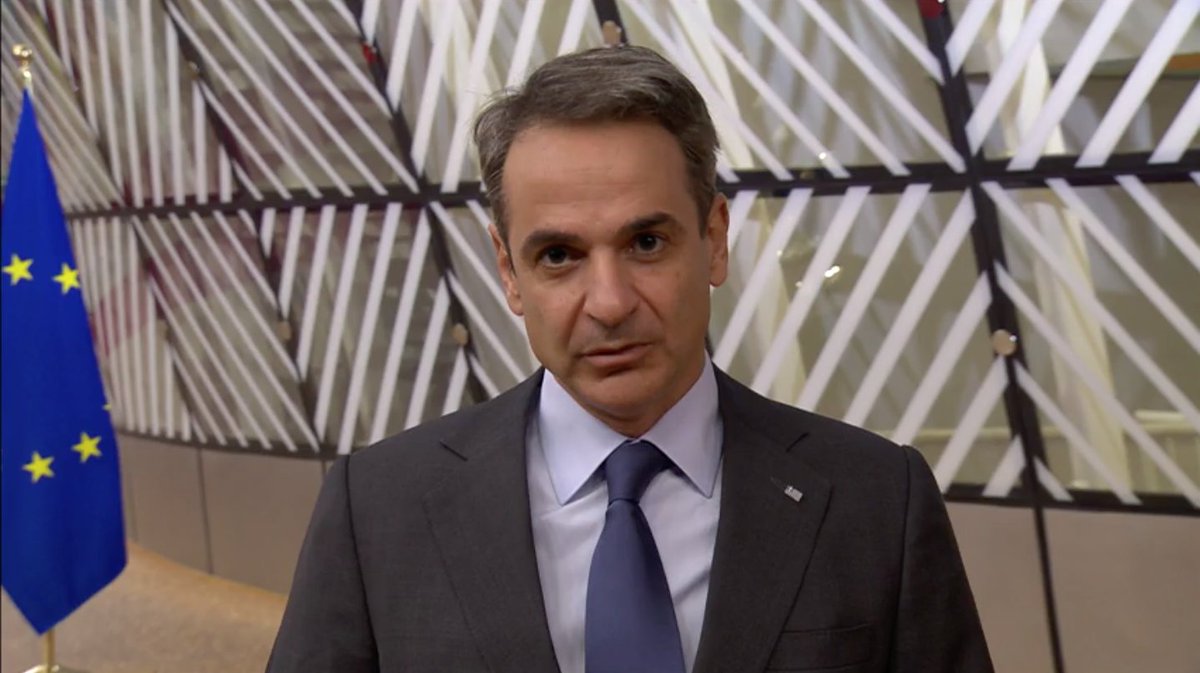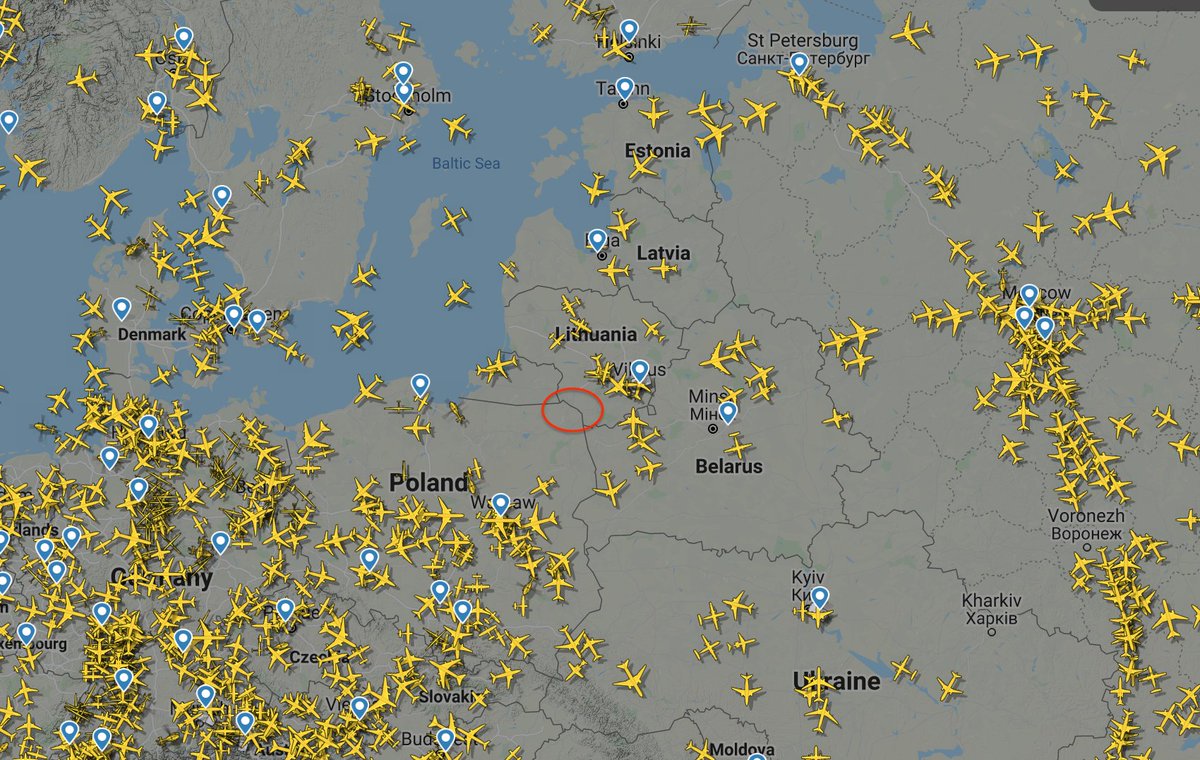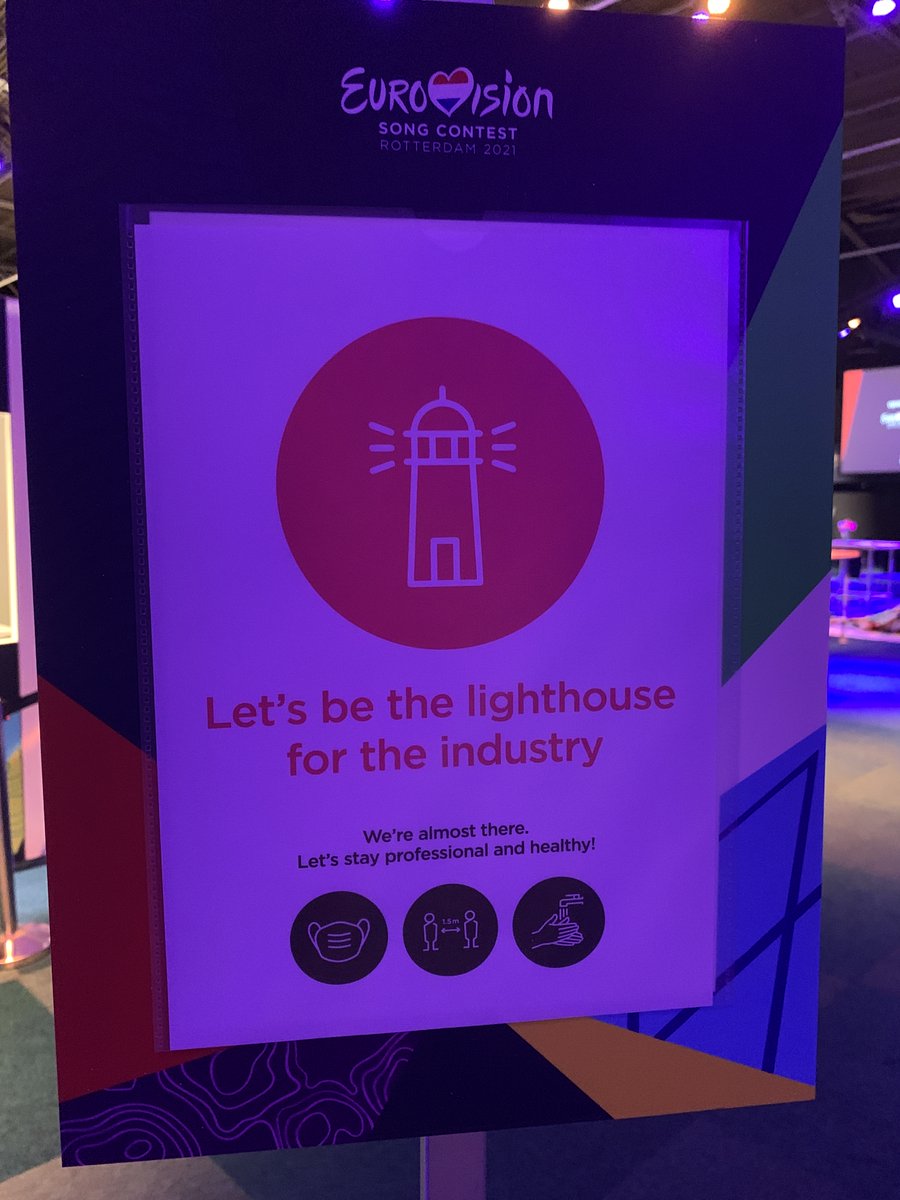
The outcome of the #ClimateChange discussion at #EUCO summit is frankly a disgrace.
Absolutely no progress. Poland's demand to dilute EU targets with burden-sharing based on GDP just kicked into the long grass. Whole paragraphs on non-ETS sectors dropped from draft conclusions.
Absolutely no progress. Poland's demand to dilute EU targets with burden-sharing based on GDP just kicked into the long grass. Whole paragraphs on non-ETS sectors dropped from draft conclusions.
In place of the deleted climate text in the conclusions, this has been added:
"The European Council will revert to the matter at an appropriate time after the Commission’s proposals have been submitted.”
But this discussion was supposed to guide the Commission's proposals.
"The European Council will revert to the matter at an appropriate time after the Commission’s proposals have been submitted.”
But this discussion was supposed to guide the Commission's proposals.
It's clear that the #Belarus situation hijacked this #EUCO summit. The planned robust debate on EU climate policy didn't happen.
And this keeps happening, over and over. There will always be something more immediate and pressing that kicks climate off the agenda.
And this keeps happening, over and over. There will always be something more immediate and pressing that kicks climate off the agenda.
So some (including Italian PM #Draghi) are questioning why these types of decisions are being left to #EUCO at all.
Why can't these technical climate decisions be approved by environment/energy ministers in EU Council?
Why can't these technical climate decisions be approved by environment/energy ministers in EU Council?
• • •
Missing some Tweet in this thread? You can try to
force a refresh


